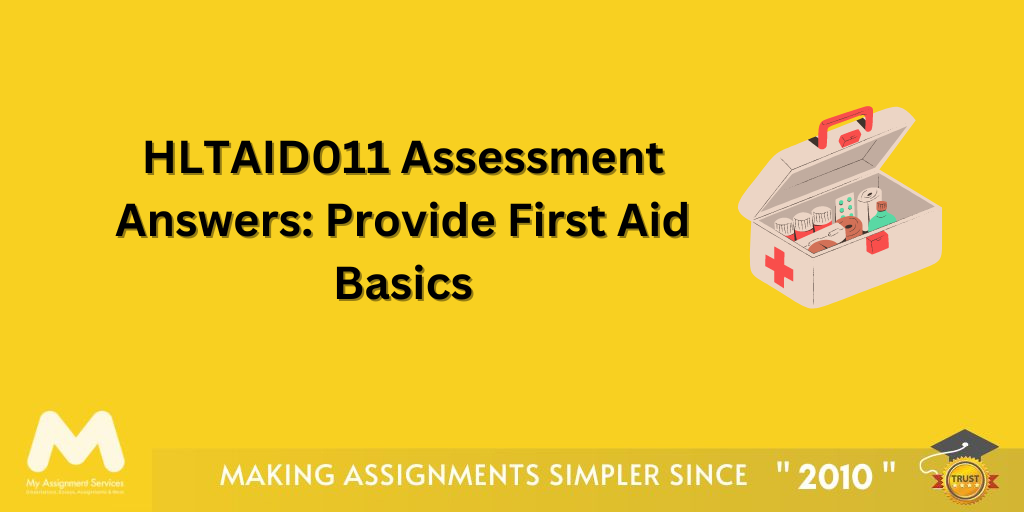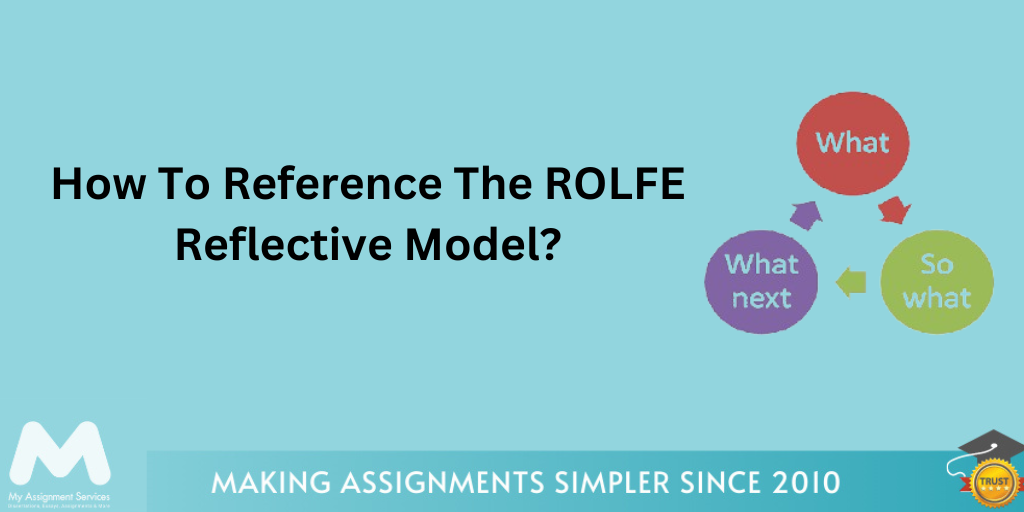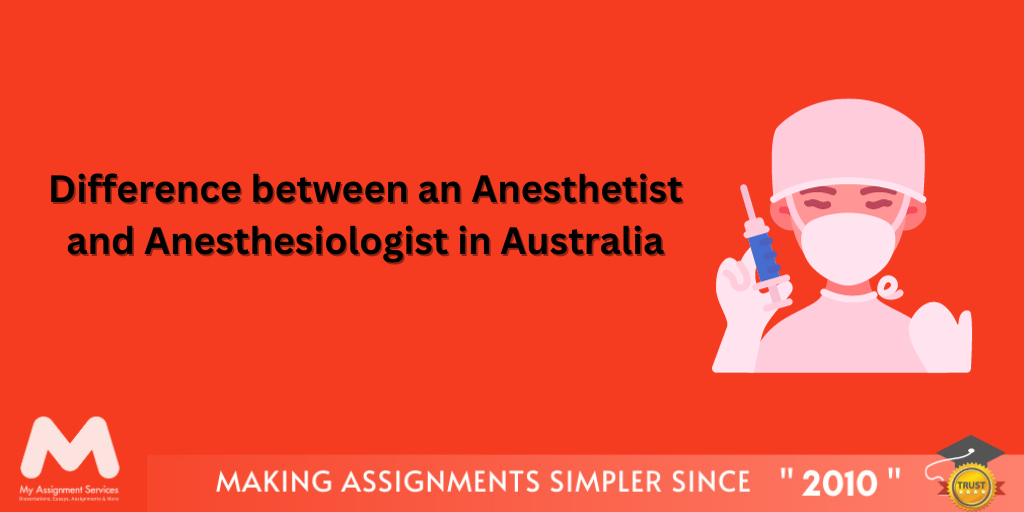
Everything that we know is learned from one source or another. There is always a source of information that teaches us everything. We learn by seeing, reading, observing, or listening. This concept is also applied in the healthcare world. This is where a professor named Barbara Carper stepped in and proposed some fundamentals that are now used in healthcare practices across the globe. In this blog, you and I are going on a ride to learn about Carper’s Way of Knowing. 
Patterns of Knowing
The patterns of knowing are four fundamental ideas as identified by Carper. They are -
Empirical
Anything verifiable from experience rather than theory and logic is empirical. Thus, empirical knowledge is the information we learn from science and other sources and that can be empirically verified. For example, the sun rises in the east is a fact that we can vouch for every day when we wake up.
Personal
Every shred of information and attitude that is developed through personal learning, self-understanding, and empathy is a personal way of knowing. You can also know things by imagining yourself in the patient’s position. For example, a nurse who never knew that shock treatment hurts can know it by observing the patient.
Ethical
There is an ethical framework that governs the entire nursing and healthcare world. And it is also necessary, right? Anyway, the point is that there are many things that you didn’t know before but learned after ethical responsibilities were placed on you. The most common knowledge developed here is of morals and awareness. For example, you did not know that a nurse is expected to take charge of the situation when a doctor is unavailable. After understanding the ethical framework, you developed this attitude and knowledge.
Aesthetic
Do not confuse this aesthetic with beauty and art. Aesthetic here means related to here and now, to feel, perceive, and sense. So, any knowledge that you develop in your healthcare by assessing an immediate situation being in immediate action, being fully aware of the patient’s condition and circumstances, and of the whole situation is aesthetic learning. For example, a patient being transferred from the emergency response to the care unit suffers an attack, you get to know a few things to do and not to do by being then and there.
Carper’s Way of Knowing and Your Nursing Assignment
 According to rationalism, the only source of knowledge is reason rather than experience. In a study conducted by Escobar-Castellanos, it was found that the typology (Carper’s Way of Knowing) supports the reference frameworks of several types of research that provide the epistemological and ontological foundations, which have been cited over 1800 times in the scientific literature because of their great influence in nursing. Some researchers have also utilized storytelling as a way to show knowledge patterns in various areas. And the interesting fact is that Carper’s knowledge patterns acted as an essential component. It allowed us to discover new theories, question the existing ones, and derive more observations from each pattern.
According to rationalism, the only source of knowledge is reason rather than experience. In a study conducted by Escobar-Castellanos, it was found that the typology (Carper’s Way of Knowing) supports the reference frameworks of several types of research that provide the epistemological and ontological foundations, which have been cited over 1800 times in the scientific literature because of their great influence in nursing. Some researchers have also utilized storytelling as a way to show knowledge patterns in various areas. And the interesting fact is that Carper’s knowledge patterns acted as an essential component. It allowed us to discover new theories, question the existing ones, and derive more observations from each pattern.
Learn How to Acknowledge any Source of Information Using the APA 7th style.

Why Should you Study Carper’s Way of Knowing?
 Be it anywhere in the world, the nursing profession is expanding and it is offering a lot of things to the new students. There are diverse and award-winning career options for the students. But, at the same time, the students face one challenge. The challenge is to develop a detailed understanding of the complex duties of a registered nurse throughout the clinical settings and various domains of the nursing practice. There are two theories that are now up and running in the nursing world. Or I should rather say typologies that the students can focus on. The first one in Carper’s way of knowing was proposed in 1978. The other one is Chinn and Kramer’s emancipatory knowing, proposed in 2008. Now, why should you even concern yourself with these, right? That is because these typologies help to guide the development of reflective clinical practice. Now, I assume that you know why reflective practice is necessary, don’t you?
Be it anywhere in the world, the nursing profession is expanding and it is offering a lot of things to the new students. There are diverse and award-winning career options for the students. But, at the same time, the students face one challenge. The challenge is to develop a detailed understanding of the complex duties of a registered nurse throughout the clinical settings and various domains of the nursing practice. There are two theories that are now up and running in the nursing world. Or I should rather say typologies that the students can focus on. The first one in Carper’s way of knowing was proposed in 1978. The other one is Chinn and Kramer’s emancipatory knowing, proposed in 2008. Now, why should you even concern yourself with these, right? That is because these typologies help to guide the development of reflective clinical practice. Now, I assume that you know why reflective practice is necessary, don’t you?
Psst, Want to Learn More About Carper’s Way of Knowing?
I know you want to. Why are you feeling shy? It is just a nursing assignment help expert trying to be nice. If there is anything that you did not understand in the above blog post or want to know more about Carper’s Way of Knowing, you can easily reach out to me for a personalized tutoring session. I have another deal for you. You can send me the assignment details and ask for nursing assignment help for Carper’s Way of Knowing. You will get a full solution to the question in your inbox which can be used for understanding the assignment better! Interested? Hit me up then!
Related Study Materials
Our Experts can answer your Assignment questions instantly.
Ask Question0 Comment
Get It Done! Today
1,212,718Orders
4.9/5Rating
5,063Experts













Loved reading this Blog? Share your valuable thoughts in the comment section.
Add comment